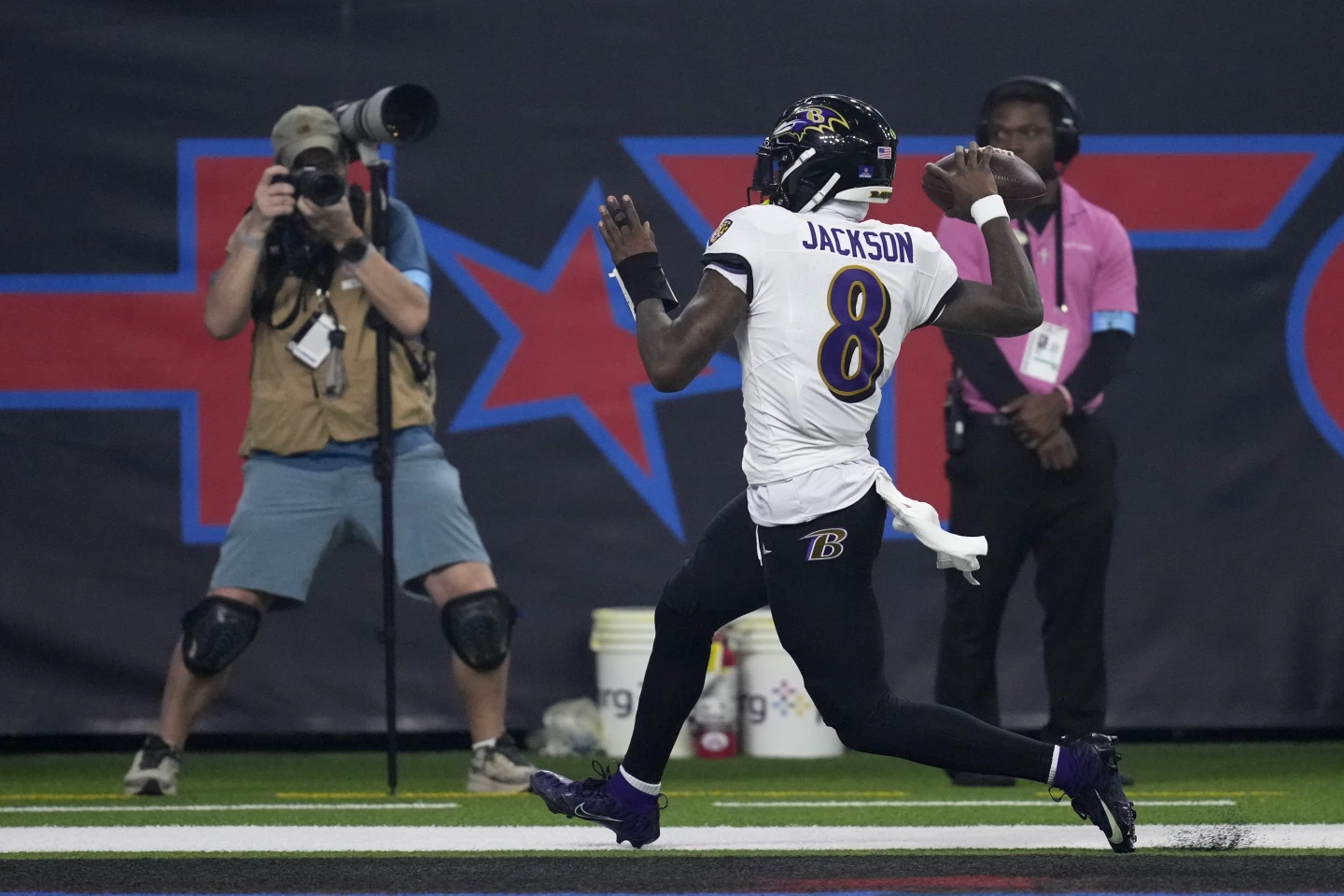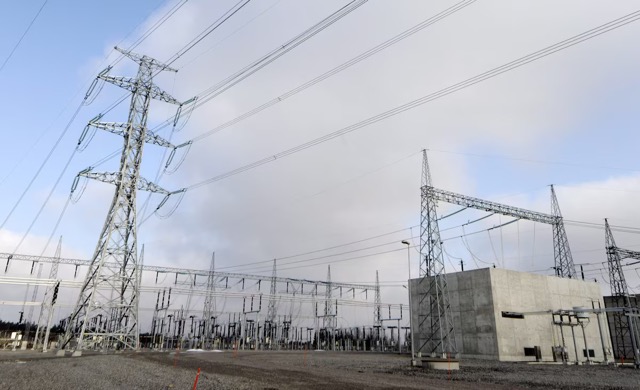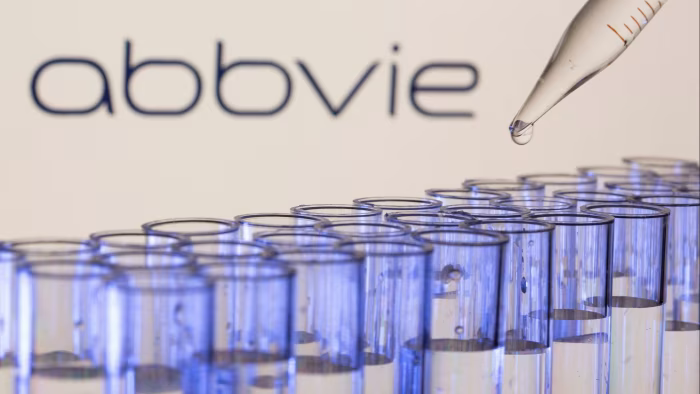Shares of Bristol Myers Squibb (BMY) surged on Monday following disappointing results from AbbVie’s (ABBV) experimental schizophrenia treatment, emraclidine, which failed to meet key clinical trial goals.
The failed trials have raised questions about AbbVie’s costly $8.7 billion acquisition of Cerevel Therapeutics—the company behind emraclidine—and have significantly impacted investor sentiment.
Bristol Myers, which recently gained approval for its own groundbreaking schizophrenia drug, Cobenfy, saw its stock rise by more than 10.5%, closing the session at $59.82. The boost comes as emraclidine’s failure removes a potential competitor to Cobenfy, which was approved by the US Food and Drug Administration (FDA) in September after Bristol Myers acquired Karuna Therapeutics for $14 billion earlier this year.
AbbVie’s emraclidine, which targets muscarinic receptors involved in the parasympathetic nervous system, was tested in two Phase 2 trials involving patients with schizophrenia experiencing acute exacerbations of psychotic symptoms. However, the drug failed to show significant improvement in these patients compared to a placebo. In fact, in one of the studies, emraclidine’s high-dose group underperformed the placebo.
The primary endpoint of the studies, the Positive and Negative Syndrome Scale (PANSS), is a widely used measure of symptom severity in schizophrenia. Despite initial hopes, the drug only showed modest improvements in PANSS scores, with emraclidine outperforming the placebo by just 3 points in one study, and underperforming it in the higher dose group of the other study. The results were a stark contrast to the drug’s earlier Phase 1 trials, where patients showed a 20-point improvement in PANSS scores.
The news of emraclidine’s failure is a clear win for Bristol Myers and its schizophrenia treatment, Cobenfy, which is the first drug in its class to gain FDA approval. Analysts have pointed out that the setback for AbbVie’s emraclidine means Bristol’s Cobenfy will likely face little competition in the schizophrenia market.
David Risinger, an analyst at Leerink Partners, called the outcome a “clear positive” for Bristol Myers Squibb, while noting that AbbVie’s failure to compete in this space is likely to weigh heavily on investor confidence for some time.
Bristol Myers Squibb has been on an upward trajectory since July, when its stock was at a low of $39.35. Monday’s close of $59.82 marks a 52% increase over the past few months, adding to its momentum following the acquisition of Karuna Therapeutics.
AbbVie’s recent setback with emraclidine comes after the company spent $8.7 billion to acquire Cerevel Therapeutics in 2023, in a bid to bolster its portfolio of treatments for neuropsychiatric diseases. The failure of emraclidine has led analysts to question whether the company made a costly mistake in its acquisition strategy.
Piper Sandler analyst Christopher Raymond referred to the $8.7 billion purchase as a potential “mistake” that could linger in investor sentiment, especially after such a significant flop in the Phase 2 trials. AbbVie still has ongoing trials for emraclidine in patients with dementia-related psychosis, but Raymond suggested that investors are likely to have little faith in that program following the latest results.
AbbVie’s shares tumbled 12.6% on Monday, closing at $174.43, marking their lowest point since July. The company’s market capitalization dropped by more than $30 billion as a result, a clear indication of the impact this clinical trial failure is having on investor confidence.
While AbbVie continues to analyze the data from its trials to determine next steps, including testing emraclidine in dementia-related psychosis, analysts expect the company to face significant hurdles moving forward.
Meanwhile, Bristol Myers Squibb, riding high on the success of Cobenfy, looks poised to strengthen its position in the schizophrenia market. With little competition in sight, Cobenfy’s approval has opened the door for further success, particularly as the drug represents a new class of schizophrenia treatment.
As for AbbVie, the disappointing trial results for emraclidine serve as a stark reminder of the risks involved in big-ticket acquisitions in the highly competitive pharmaceutical industry. Whether the company can recover from this setback will depend largely on its ability to pivot quickly and refocus on its other pipelines. But for now, investors appear to be questioning AbbVie’s $8.7 billion bet, which has not yet paid off.
The Financial Times, Investor’s Business Daily, and Reuters contributed to this report.









